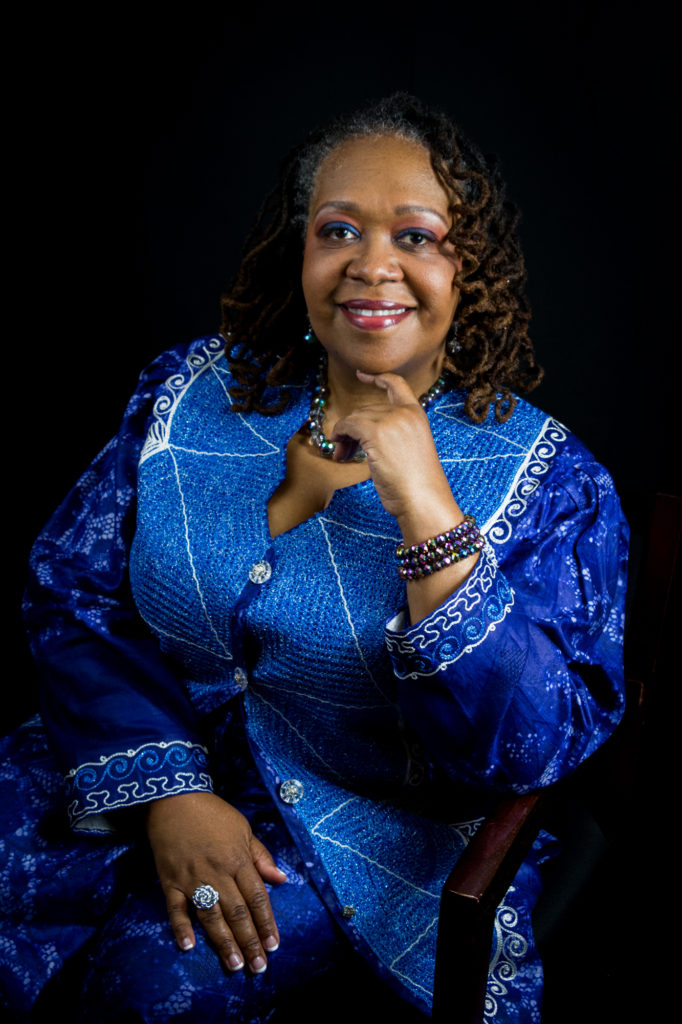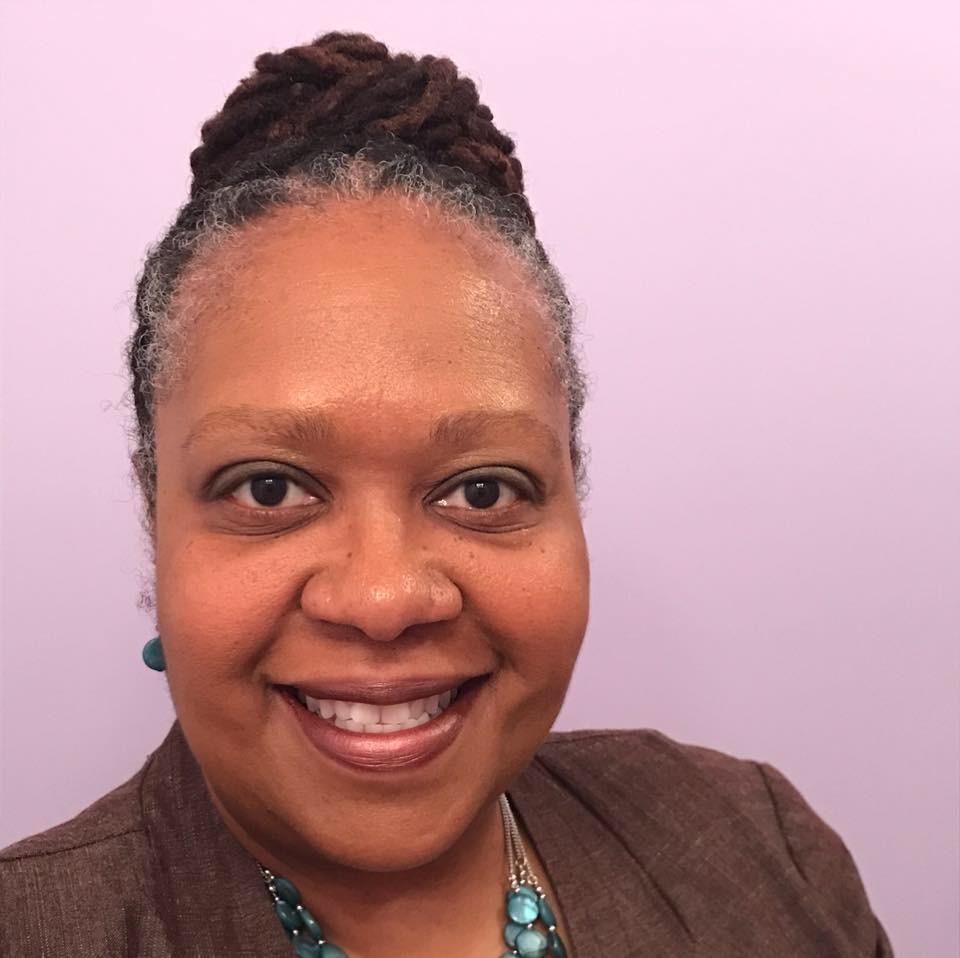In Honor Of Women’s History Month…and every month.
4 minute read

In case you haven’t noticed, girls and women are all over the place! And that’s not an overstatement. The number of women and men in the world is just about equal, 50-50. The same holds true for the United States of America, just about 50-50.[1] But there are some places in the U.S.A. where women outnumber men. In fact, of the 50 states, about 40 of them are predominantly populated by women.[2] Women in the U.S.A. tend to live longer than men, to the point of women outnumbering men 2 to 1 by the age of 85.[3] And when it comes to the Christian church, like I said, girls and women are everywhere!
Women in the U.S.A. are more likely than men to attend religious services in their lifetime and they are more likely to attend a service at least once a week.[4] Women are also more likely than men to read scripture during their lifetime and to read it at least once a week.[5] With the prevalence of women in the community and the church, it just makes sense that preaching and teaching would more frequently use scriptural texts that highlight women and address issues that are significant to men AND WOMEN. And for those preachers and teachers who are skeptical as to whether there is enough scriptural content to speak to these issues, you can put your concerns to the side. There is no scarcity of scripture to address the needs, concerns and experiences of women.
The Old Testament is rich with a diversity of experiences that women faced. And while some of the women are anonymous in the scriptures, in many scriptural texts, we actually have a name and family relationships as well as health, social and economic issues that applied overwhelmingly to the women. A creative and close look at the women of the Old Testament reveals that they were very much like women of today—not only concerned about being wives and having children. The issues and concerns mentioned in the Old Testament scriptures are issues that women face today in the 21st century.
Certain topics are seldom addressed in church—topics like sexual abuse and assault, single parenting, infertility and mental health. The failure to address these topics is probably because topics like these cause preachers as well as congregants to feel uncomfortable. Remaining silent provides a sense of comfort but it is a false sense of comfort. The purpose of ministry is not to provide a false sense of comfort. The purpose of ministry is to provide healing and wholeness of spirit, body and soul for the individual as well as for the church and community. Effective preaching (and teaching) must address a wide gamut of topics. Women in the Old Testament and their stories can be used as sources of empathy, empowerment and encouragement as well as examples of agency for 21st century women.
The following is a list of 9 potential topics, Old Testament scriptural texts and the women at the center of the texts. Also included are the percentages and numbers of 21st century women who are part of these respective categories. This is by far not an exhaustive list. But it is a start toward highlighting Old Testament women to preach healing and wholeness to women in the 21st century.
- Depression: Women are twice as likely as men to experience depression.[6]
Leah Genesis 29: 16-35; Hannah First Samuel 1:1-18
- Infertility: Approximately 6.1 million U.S. women are experiencing infertility.[7]
Sarah Genesis 16:1; Leah Genesis 29: 16-35; Hannah First Samuel 1:1-18
- Equal Rights: The Equal Rights Amendment would give women equal rights to men and prohibit discrimination against women in areas such as employment and property ownership. The ERA was passed by Congress in 1972 and sent to the 50 states for approval. The ERA can only be added to the U.S. Constitution if at least 38 states approve. This has not been done.[8]
Mahlah, Michah, Hoglah, Noah, Tirzahm Number 27:1-8
- Child Advocates: Women overwhelmingly outnumber men in jobs as child advocates.
Shiphrah and Puah Exodus 1:8-21; Jochebed Exodus 2:1-10
- Widowhood and Grief: Women in the U.S.A. (and around the world) tend to live longer than men. This amounts to more married women being widows.
Ruth Ruth: 1:1-5
- Sexual Abuse: 1 in 5 women will be raped at some point in their lives; 1 in 4 girls will be sexually abused before she turns 18 years old and 20% – 25% of college women are victims of forced sex during their time in college.[9]
Bilhah and Zilpah Genesis 30; Dinah Genesis 34; Bathsheba Second Samuel 11:3-4
- Women in Military Service and Combat: Women make up 16% of enlisted forces and 18% of the officer corps in the United States.[10]
Jael Judges 4:17-24;
- Women in Politics: In the United States, women hold 23.7% of the 535 seats in the 116th U.S. Congress; 27.6% of the 312 available statewide elective executive positions and; 28.7% of the 7,383 state legislative positions. From 1971 to 2019, the percentage of women in elected offices has gone from 3% to 28.7%.[11]
Abigail First Samuel 25:2-35
- Single Parenting: In single parent households, 23% are single mothers while 4% are single fathers.[12]
Hagar Genesis 16 and Genesis 21
******************************************************************
No portion of this article may be duplicated in writing or in any other recorded format without permission.
Copyright © 2019 by Kanisha L. Adkins.
Follow me on:
twitter @KanishaLAdkins
Facebook : Rev Dr. Kanisha L Adkins, LLC and KanishaLAdkins
Instagram: KanishaLAdkins
For speaking, preaching, workshop and group facilitation, contact me at: 202-854-1963
[1] Source: https://www.census.gov/newsroom/facts-for-features/2018/womens-history.html
[2]Source: https://www.businessinsider.com/men-women-united-states-map-2018-11
[3] Source: https://www.census.gov/newsroom/facts-for-features/2018/womens-history.html
[4] Source: http://www.pewforum.org/religious-landscape-study/attendance-at-religious-services/
[5] Source http://www.pewforum.org/religious-landscape-study/frequency-of-reading-scripture/
[6] https://www.mayoclinic.org/diseases-conditions/depression/in-depth/depression/art-20047725
[7] https://www.womenshealth.gov/a-z-topics/infertility
[8] https://www.equalrightsamendment.org/era-ratification-map
[9] https://www.nsvrc.org/statistics
[10] https://www.cfr.org/article/demographics-us-military
[11] http://www.cawp.rutgers.edu/women-elective-office-2019
[12] https://www.census.gov/newsroom/press-releases/2016/cb16-192.html
Share This: